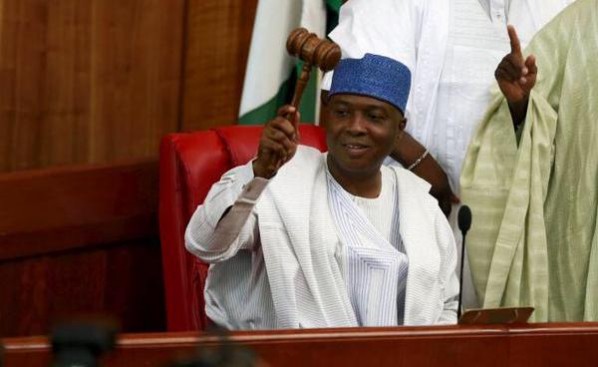NECA expresses concern over non-approval of SEC, PenCom, others constitution

The Nigeria Employers Consultative Association, NECA, has expressed concern over the non-approval by the National Assembly of Board of some key regulatory agencies, including the Securities and Exchange Commission, SEC; National Pensions Commission, PenCom; Financial Reporting Council of Nigeria, FRCN; and Nigerian Social Insurance Trust Fund, NSITF.
Speaking at a press conference to mark the end of the quarterly meeting of the association’s Governing Council themed: “Nigerian Economy and Policy,” in Lagos, the president, Mr. Larry Ettah, urged the federal government and the NASS to expedite action on constituting the boards of the agencies, as well as other appointments that have created vacancies in government institutions.
He commended the government on some measures that have led to resurgence in the capital market, increase in foreign exchange, FX, convergence and moderation in inflation rate and urged the Central Bank of Nigeria, CBN, to sustain the improvement already made in FX management and availability and move towards a market-based system.
Ettah who called on the CBN to effect reduction in the current interest rate regime, said that it encourages credit expansion to the government to the detriment of the private sector.
He said that downward review of the Monetary Policy rate, MPR, from 14 per cent position would empower the private sector to play its role as the engine of economic growth as envisaged under the Economic Recovery and Growth Plan, ERGP, of the government.
“Data from the CBN demonstrates that credit expansion to government is outgrowing by large margins credit to the private sector. Between February and April 2017, while credit to government grew by 3.10 per cent, 27.81 per cent and 7.54 per cent respectively, private sector credit grew marginally in February by 0.10 per cent; declined by 1.89 per cent in March; and also declined by 1.48 per cent in April on a month-on-both basis.
“On a year-on-year basis, credit to government expanded by 15.43 per cent, 19.76 per cent, 37.46 per cent and 42.15 per cent in January to April 2017, while private sector credit grew only 19.76 per cent, 19.17 per cent, 96 per cent and 13.23 per cent in the same period. It is accepted practice in economic management in most jurisdictions that the correct posture in a recession is a reflationary fiscal policy and monetary easing, including reducing interest rates. Instead, the CBN has maintained tight monetary policy and raised interest rates. We are of the view that this approach is sub-optimal and has failed,” he said.









0 Comments